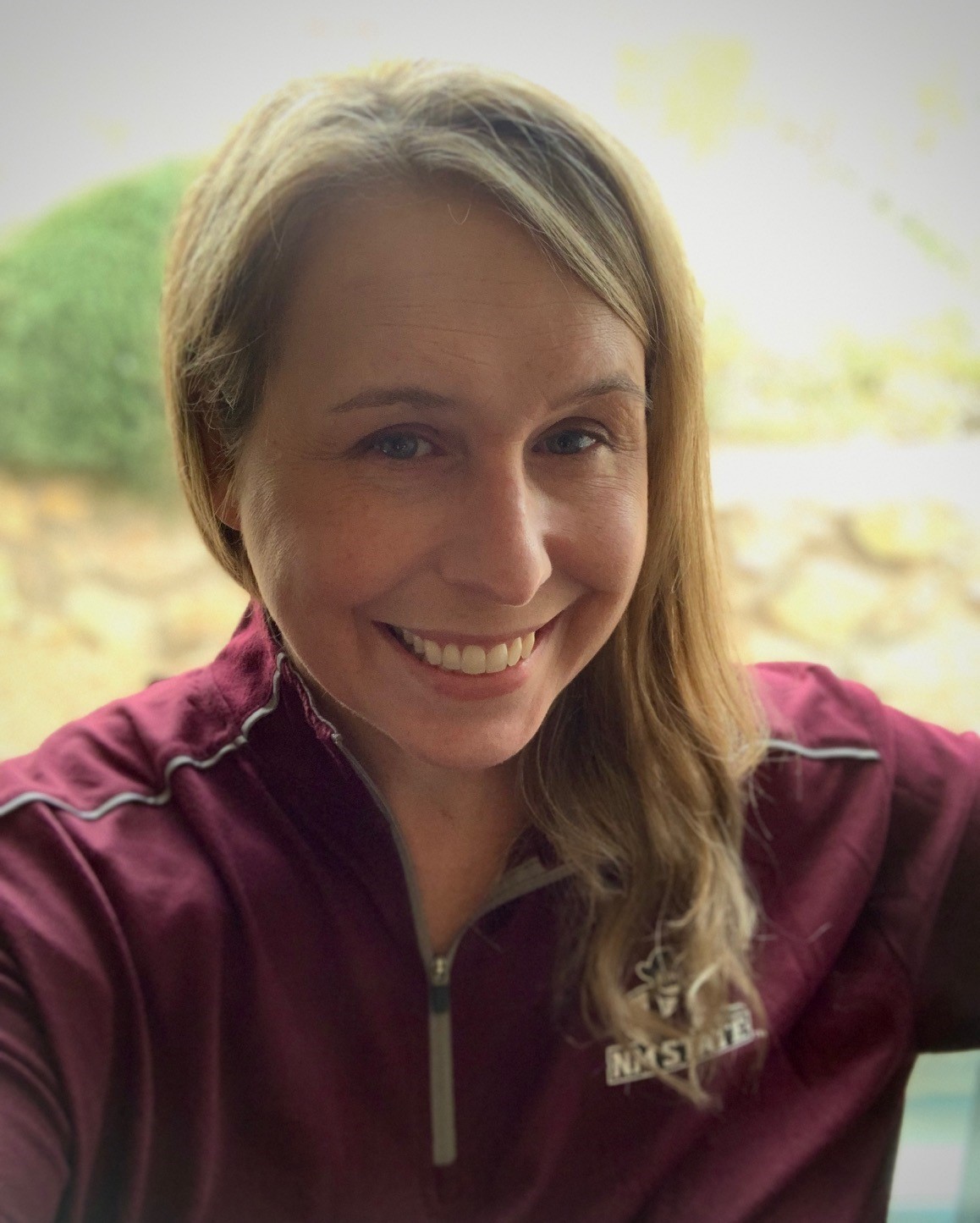
The College of Engineering at New Mexico State University has begun a pilot program to help students prepare for entering the job market with career-ready skills and experience. The Engineering Education Enrichment, e3 Initiative, is a co-curricular program funded by the National Science Foundation.
The $2.1 million grant to the College of Engineering is directly aimed at helping first-generation, low-income students succeed in engineering. Led by Antonio “Tony” Garcia, associate dean of academics and Patricia Sullivan, associate dean for outreach and recruitment in the College of Engineering, the five-year program operates as a partnership between students, faculty members and industry. It combines teaching techniques geared specifically toward self-directed adult learning alongside traditional college teaching methods.
Now in its second year, some 157 students elected to participate in the e3 Initiative during the fall semester, said Sara Patricolo, e3 program manager.
“Broadly speaking, the e3 Initiative is all about opportunity and students taking charge of their education. We want students to recognize the opportunity and choose to participate in this voluntary, fully-sponsored initiative that reinforces the importance of life-long learning,” said Patricolo.
“E3 is an innovative program unique to NMSU that was intentionally designed to augment our engineering curriculum with in-demand skills in a variety of emerging areas,” said Sullivan. “The program is further enhanced through engagement from our industry partners to ensure alignment with employer needs, with an outcome being highly qualified engineering graduates that are career-ready.”
Students have the opportunity to pursue three different tracks to build their career-ready skills.
One significant way to display abilities to a potential employer is through professional certification.
“The Certification Track gives students an avenue to pursue technical skills or life skills that they feel will make them more marketable to employers and make them more confident as developing professionals. Students select from more than 75 certification options and they have the flexibility to suggest courses that reflect their specific interests. To date, vendors like Coursera, Harvard Business School, Python Institute, Udemy, among others have given students access to certification in programming, modeling software, project management, leadership, and more,” said Patricolo. “And, it’s all free to students.”
The entrepreneurship track helps students learn how they can gain knowledge and skills in a career area that could lead to innovative products and or their own businesses.
“Students learn how to move ideas from proposal to product by building skills in business planning and strategy, operations, and finance. Such training is provided by several of our vendors as well as NMSU’s Arrowhead Center,” said Patricolo.
Students in this track may participate in NMSU’s Arrowhead Center’s Crimson Entrepreneurs Program sponsored by Studio G-NMSU’s Student Business Accelerator. Studio G is ranked one of the Top 20 University Business Incubators in the world by UBI Global.
“The design track puts student creativity in motion, asking students to come up with design solutions to real-world challenges. These are hands-on projects where the students design low carbon footprint food trucks or remote detection for blood pressure, as examples. Students develop design timelines, use modeling software, prepare budgets for materials and work as individuals or with groups,” said Patricolo.
Hands-on design projects enable engineering students to apply technical knowledge and creativity. The College of Engineering Aggie Innovation Space, recently equipped with more than $1 million of design and manufacturing equipment, gives students the opportunity to work with experienced mentors and use state-of-the-art technology.
Along the way, students are mentored by industry partners and faculty members.
“Administrators and mentors use a collaborative software platform to interact with students and to document their progress. We set milestones for students so they know what’s expected,” said Patricolo. “This is not tied to the academic semesters. It is self-paced and we check in with them.”
A research team from the College of Arts and Sciences is looking at the e3 Initiative and how it helps students develop adult learning skills. Students are surveyed at the beginning and end of the program to identify if resources engage the students and complement the traditional classroom lecture model.
In the end, the result of this self-directed program is up to the students.
“The opportunity is there. Just as engineering professionals must pursue continuing education and professional development, the e3 Initiative gives engineering students the ability to identify what may be ‘knowledge gaps’ and pursue the course or training they need to better equip themselves for future employment. They just have to choose it,” said Patricolo. “The best part of the initiative is that students come away with a strong sense of personal accomplishment and increased confidence. Their success is our success and we celebrate with them.”
To learn more about the e3 Initiative, visit here
